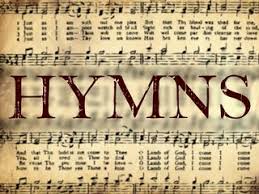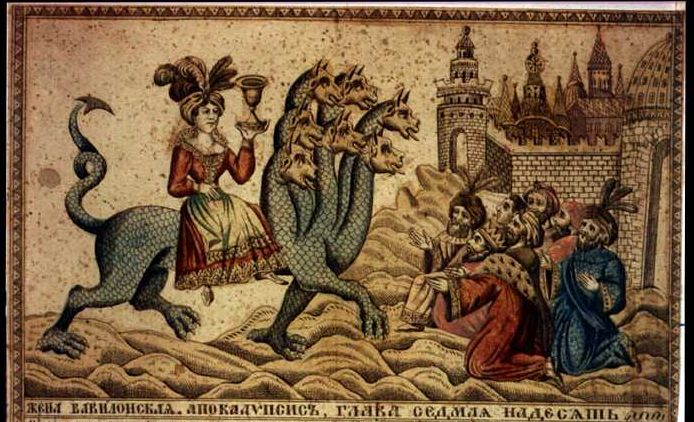The story of Job shows us that our wishful thinking is not the case and that if we are to engage “evil” effectively as progressive Christians, or even live meaningfully in the world, we must first imagine what a just God’s expectations of, and trust in, us would involve and what expectations we should have about God.
When theology unnerves those who seek a mythic past, are there echoes of the Christ shaking faith that it might last?
Courage does not mean fearlessness and is a quality that exists within all beings and can be accessed at any time. We need only to turn inward to face life’s challenges with the courage that is already ours. Feeling anxious or fearful of new outward circumstances is normal for most people, but finding the courage to face those circumstances means recognizing that our divine nature is perfectly equipped and we have the inner resources to handle challenges.
From the Celebrating Mystery collection
“I GREET THAT OF THE COSMOS WITHIN YOU”
Hebrew Scripture’s View of Life after Death It wasn’t until after the Babylonian Exile that the Pharisees accepted the idea of heaven and
For many Christians, a supernatural theistic God is a daily reality in their lives, but for many others, this kind of God is simply not there. They long to feel God’s presence and God’s love, but instead they experience emptiness and isolation. They worship God in church, but find that God is not present in the sanctuary. They pray fervently to God in private moments, but realize that their prayers often go unanswered. In the end, there is only silence.2 The biblical character of Job cried out to God in despair, “I cry to you God, but you do not answer. I stand before you, and you don’t even bother to look.”3
Who Is the Whore of Babylon?
A typical interpretation when reading the Book of Revelation is John’s attempt to answer the interminable question: How exactly will God, once and for all, set things right? When will the “sorrow and weeping be no more,” and the “tear wiped from every eye?” After reinterpreting over and over again the imminent end that has been repeatedly put on indefinite hold, it merely begs the question, why the postponement? When Revelation is instead understood to be political commentary spun in the form of a fantastic allegorical tale that can be reinterpreted and applied again and again, the question in each succeeding era has more to do with asking the question: Who is the Whore of Babylon, and all she represents? How can we be so easily seduced? And have the words and life of the Galilean sage been lost, even from the time John had his nightmarish vision to our own succumbing today? Read more.















